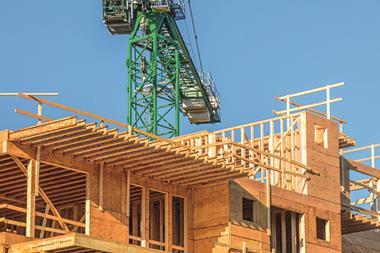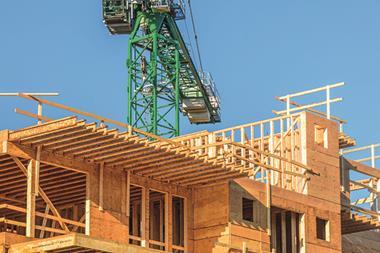The decision to leave the EU was a huge shock for most of us managing the construction of the built environment.

Now that we have had some time to absorb the news, a question I am often asked by developers is: “What effect will Brexit have on those of us who want to build?”
The truth is, although we are now 10 weeks on from the decision, the full impact of Brexit has not yet been felt by the market. That said, the drop in the value of sterling is having an effect, with certain materials already seeing 15% to 20% price hikes.
At Gleeds, we have conducted our own research into this and we note that there had already been some return towards single-stage tendering as both clients and contractors recognise that sometimes a quick burst of effort to get a known result is more welcome than a long, expensive, drawn-out process - even bearing in mind the reduced chance of the contractor securing the project.

Before the referendum, many contractor order books were largely full for 2016. The feedback we’ve got is one of a temporary, post-vote, short-term blip, but I suspect that if there is a notable impact of Brexit for construction it will be seen more in 2017-18. In the regions, the most pronounced effect could be on residential building.
Again, it is too early to judge with any certainty, but the recent interest rate cut may well further stimulate demand at the lower end of the market, but with hikes in stamp duty announced in the last budget and the buy-to-let sector ravaged by tax increases, the demand-led buoyancy that was so evident previously may not be seen at the higher end in the short term.

In terms of labour costs, I sense that there is something of a gentle recruitment slowdown - certainly nothing like the haemorrhaging of talent that occurred after the Lehman’s collapse. The cost of skilled labour has also stabilised, but obviously this would be adversely affected if there were to be any sort of immigration freeze imposed by a Brexit-focused government.
For UK-based investors, the pent-up demand outside the capital that existed before the referendum has not disappeared.
The only change is that suppliers who had more work than they could handle before the market dropped away will now be looking towards a future that is not so certain. This may affect their willingness to negotiate.
Richard Steer is chairman of Gleeds Worldwide





























No comments yet